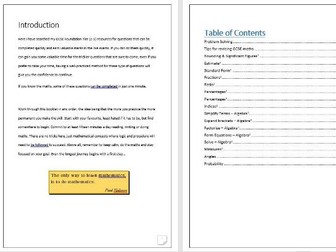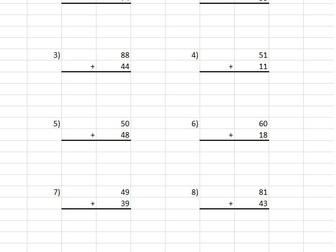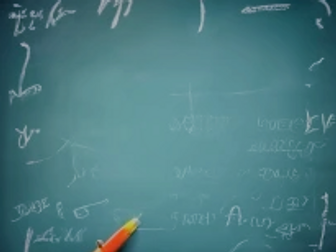Functional Skills maths bundle - 3 workbooks
<p>A collection of 3 student workbooks covering topics in the functional skills curriculum at Level 1.</p>
<p>Book 1 - working with number<br />
Book 2 - proportion<br />
Book 3 - data, statistics and probability</p>
<p>As an extra bonus I’ve included fifty functional flash cards, contextualized to a variety of industries - good for identifying the maths in a problem and practice of calculation methods</p>
4 Steps to Problem Solving
While searching for alternative ways to teach problem solving skills to my maths students I stumbled upon the George Polya method of problem solving recently.<br />
<br />
Summarised into 4 distinct areas for successful problem solving this resource is intended for discussion material in discreet maths classes of post 16 GCSE & Functional Skills students.
GCSE maths revision 1- 5
<p>A collection of foundation maths resources aimed at post 16 learners in an FE setting but equally useful for all foundation maths students looking for revision practice.</p>
<p>Tips for effective revision, a mathematical model of problem solving and revision opportunities for topics including: fractions, percentages (including % change), algebra, standard form to name a few. 11 topics included overall</p>
4 Rules Number Drills
An Excel spreadsheet that randomly generates 10 quick-fire practice questions (and answers) in addition, subtraction, multiplication and division. Once those are practiced recalculate the workbook for a complete new set of problems.<br />
<br />
Choose to practice 2 & 3 digit addition and subtraction problems, multiplication of differentiated format or short division skills. Skills can be practiced individually or as a whole package. Answers print back to back with the questions for easy self-assessment.
Area, Perimeter & Volume
Recap of the language used to describe A,P & V together with past paper example questions to practise and master
undefined
Ask Me About Circles
20 GCSE exam questions based on circles and their theories; area, circumference, volume and surface area past paper questions are presented as a revision aid for students preparing for Summer exams. <br />
<br />
Reduce Maths Anxiety
A simple checklist to help prepare for maths exams and reduce some of the common anxieties associated with taking them. <br />
<br />
Self assessment, traffic light tool
E3 - L1 Number recap & review
A compilation of short number starters to practice common core skills of the adult curriculum; use to demonstrate prior understanding, identify areas to improve or to focus on number skills
5 Minute Multiplication Square
A blank 10 x 10 multiplication square using an instructional step by step doubling method which can be practiced in 5 minutes or less. <br />
<br />
Suitable for anyone looking for quick maths multiplication drills
Fifty Functional Flashcards
<p>A collection of fifty functional skills maths questions for quick revision or gap finding. Aimed at L1/E3 learners, I use these cards in a post sixteen setting with school leavers studying vocational subjects such as catering, health & social care and sport and who study maths as a secondary subject.</p>
<p>These are great questions for a ‘what is’ repsonse - what is the answer but also for a ‘what if’ extension question - what if _____ changed to …</p>
Deeper Look
Deeper Look is a thinking tool designed to encourage deeper thinking skills about common/ abstract topics, to introduce new concepts or to recap previous learning material. Suitable for learners of all ages.<br />
<br />
This template can be used in groups or on an individual basis, students are presented with a blank grid showing the four headings of: Synonyms, Phrases, Connections and Examples. The topic word is placed in the centre square and students take some time to think about, and record, what the topic means to them. Discussion of the ideas gathered from the deeper look can be explored and extended.<br />
<br />
Adaptable Resource - I used this recently and replaced the synonyms heading with common language; students were able to collectively identify the common language of algebra and had the chance to clarify their understanding of key terms.
Intro to A,P & V
<p>An introductory resource for the concept of area, perimeter and volume. This resource is aimed at post-16 learners studying functional skills in maths. Designed to identify key language terms, recap prior knowledge and consolidate ideas in preparation for deeper learning.</p>



